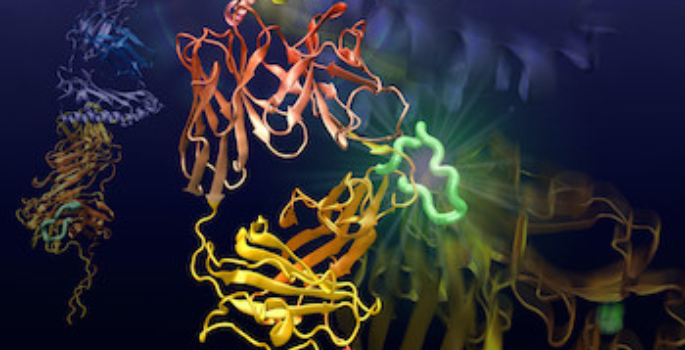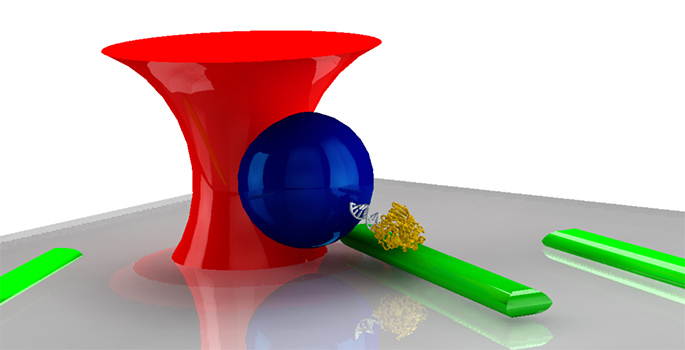Matthew Lang
-

Vanderbilt engineers’ innovative research directly monitors cellulose production from individual synthase enzymes
Vanderbilt researchers have uncovered conditions needed to produce cellulose at the single molecule level that could one day aid in the dismantling of bacterial defenses as well as potentially lead to the engineering of more efficient and cost-effective biofuel feedstock sources. The findings were published in the scientific journal PNAS. The researchers used optical tweezers... Read MoreDec 14, 2022
-

Team’s sustained work in T-cell immune response awarded P01 grant totaling $11 million
For more than a decade Matt Lang and collaborators across the U.S. have worked to recreate key components of T-cells and how they know when to start fighting disease. Conventional wisdom suggested that T-cells formed regular, force-free bonds with infected cells, and in doing so caused the chain reaction of immune response. The team slowly... Read MoreOct 4, 2020
-

Anatomy of a microscopic wood chipper: New observations reveal how an individual cellulase enzyme operates
Biomolecular engineers at Vanderbilt University have obtained the most detailed measurements ever made of the behavior of an individual cellulase enzyme as it decomposes cellulose, the most plentiful polymer on the planet. Improved understanding of how cellulases work could be the key to producing advanced biofuels that can replace gasoline for powering vehicles. Read MoreDec 10, 2015
-

Immune response depends on force
New studies explain how T-cell receptors use force to recognize and protect us against pathogens. Read MoreJan 26, 2015